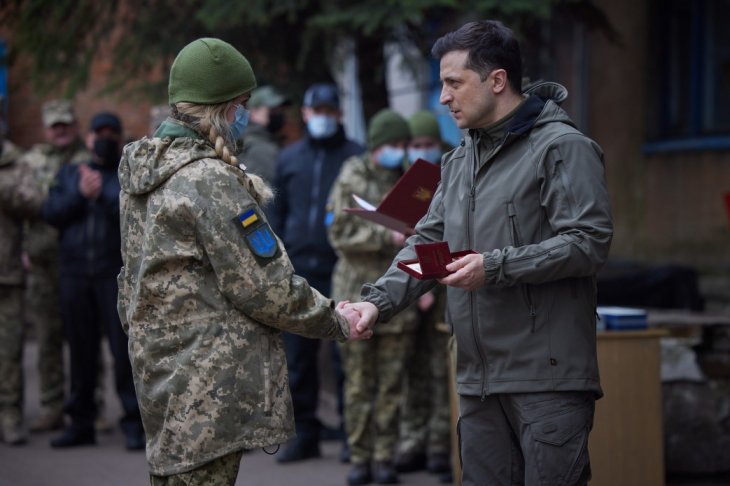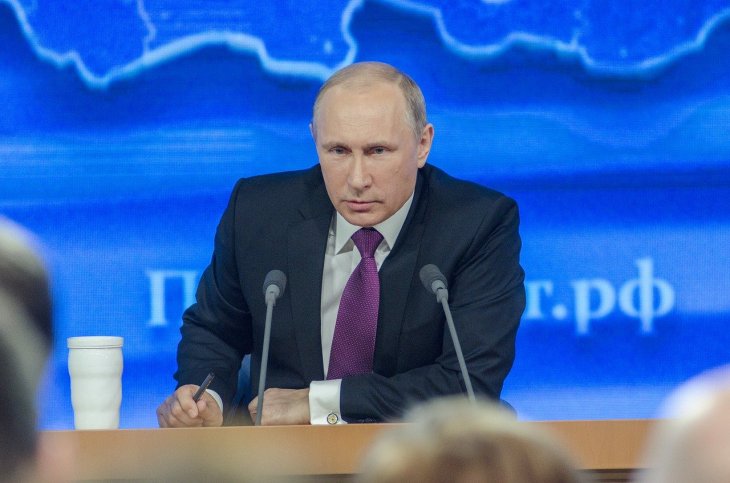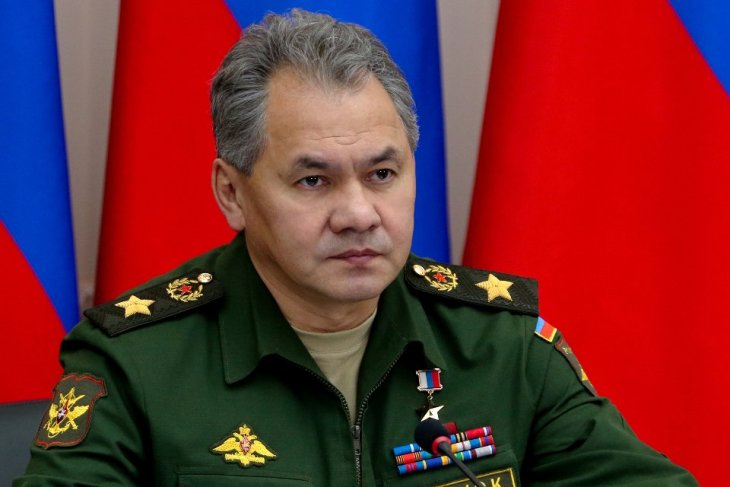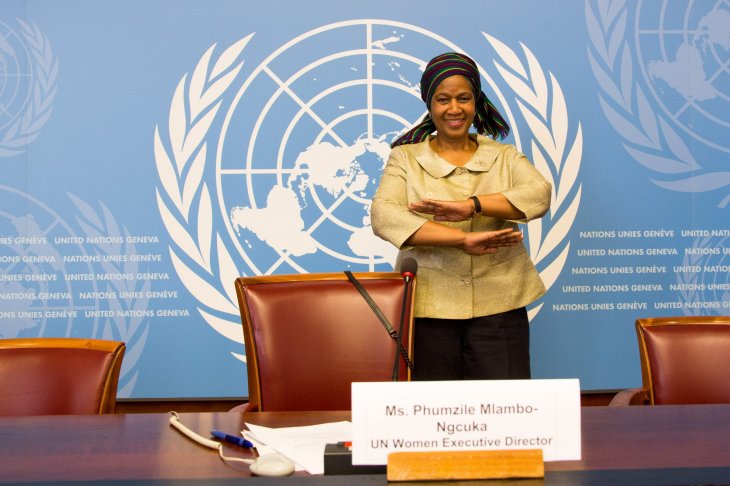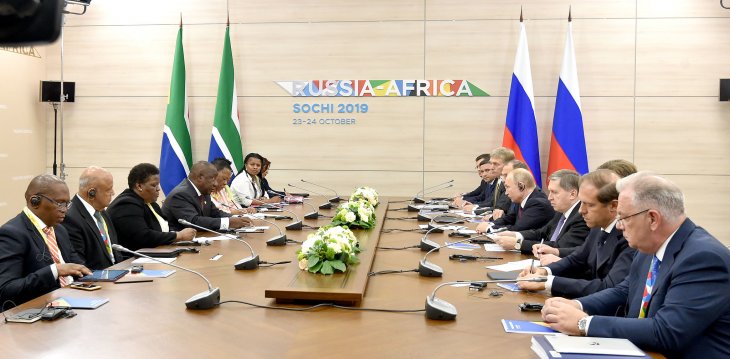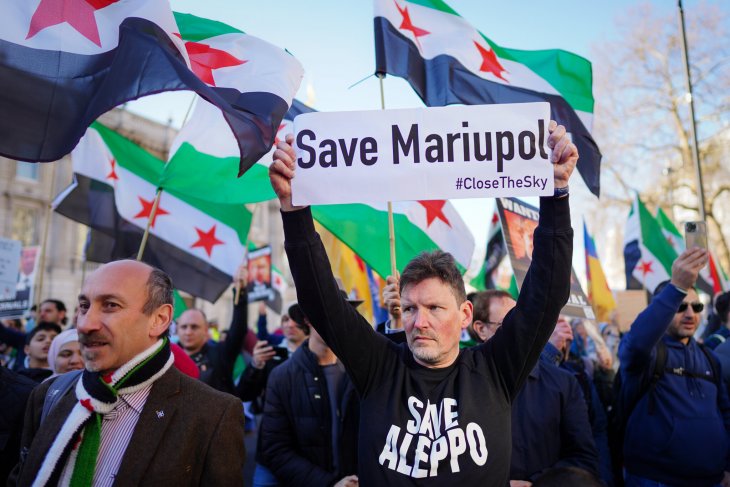One striking feature of Russia’s fast-evolving war against Ukraine is the highly uneven dynamics of escalation in its different domains.
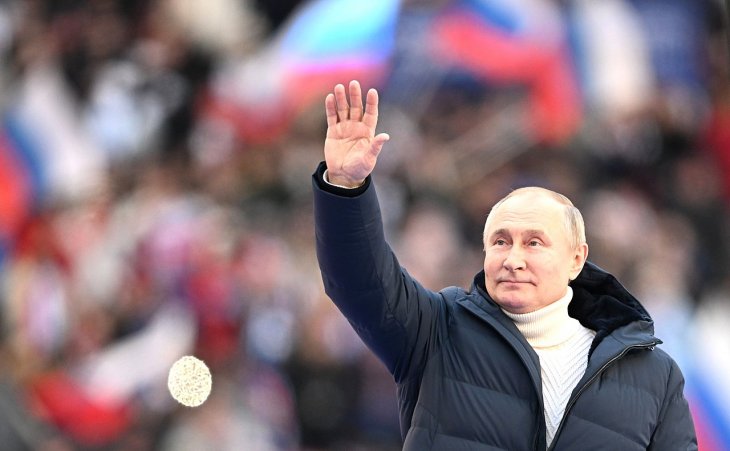
Putin celebrating the anniversary of Crimea’s reunification with Russia. Moscow, March 2022.
Photo: The Russian Presidential Press and Information Office
The economic pressure on Russia has reached the level of extra-high intensity and keeps growing daily, for instance, as Halliburton and Schlumberger, two major oilfields servicing companies, announced the closure of their business activities over the weekend (Kommersant, March 19).
In contrast, the cyber-domain, where disruptive attacks and counter-attacks were expected, has remained remarkably quiet.
Cultural ties have been severed and Russia is expelled from most international sports, but a diplomatic compromise has been reached in the Vienna talks on reconfiguring the nuclear deal with Iran, which can be finalized this week (Rosbalt, March 16).
Perhaps the most apparent discord has emerged between the deadlock in key military battlefields and the sequence of defeats for Russia’s policy, of which this war is supposed to be a continuation.Read More
